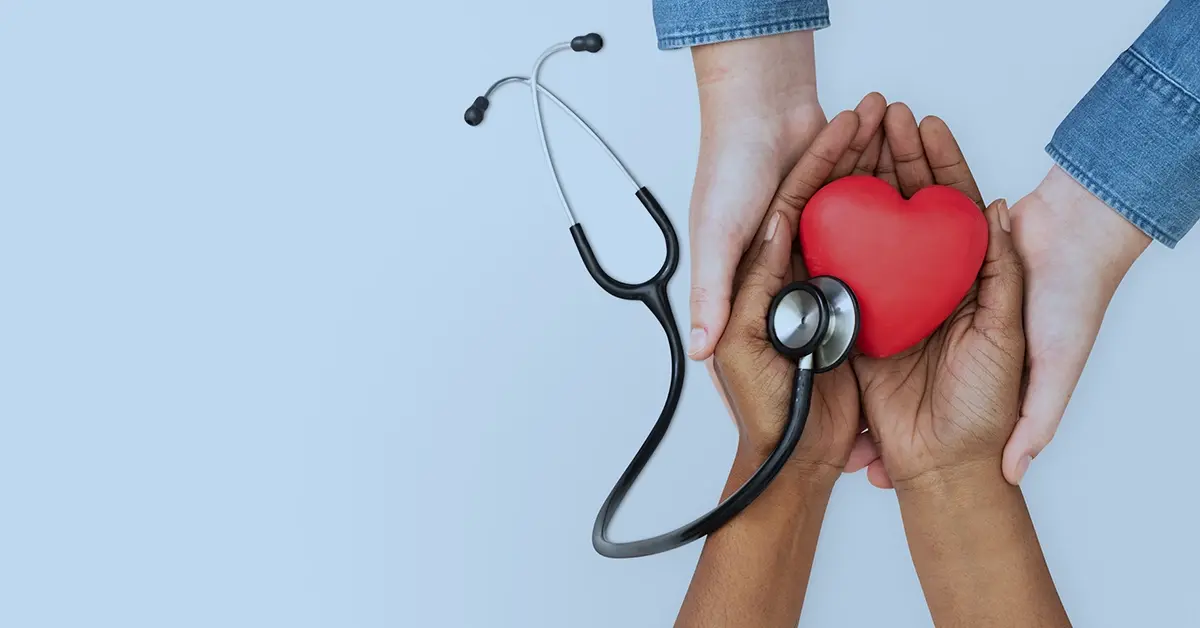Cardiology is one of the most crucial medical departments, focusing on the heart, one of the body’s most essential organs. The body cannot function properly unless the heart is healthy. The cardiology department is dedicated to diagnosing, treating, and preventing diseases of the heart and blood vessels, playing a key role in modern healthcare.
Why is the Cardiology Department Important?
Cardiology is an important department in medical facilities, specializing in heart health and emergency management. Cardiologists ensure patients receive proper care and attention to maintain their heart function, which is crucial for overall health. They handle emergencies like heart attacks, heart failure, and irregular heart rhythms, ensuring timely intervention can save lives. With heart disease being one of the main causes of mortality globally, the work done by this department is significant.
What Happens in the Cardiology Department?
When you visit the cardiology department, the doctors and medical staff focus on diagnosing and treating heart-related conditions. The procedure generally begins with an understanding of the patient’s symptoms and lifestyle. Cardiologists are highly trained to spot warning signs that could point to heart issues like chest pain, breathlessness, or fatigue.
The cardiology department uses a range of advanced medical tools and tests to get a clear picture of how well your heart is functioning .Below listed are some of the most common tests:
● Electrocardiogram (ECG): This measures the heart’s electrical activity to detect abnormal rhythms.
● Echocardiogram: An ultrasound test that shows detailed images of the heart to identify problems with its structure or function.
● Stress Tests: These evaluate how the heart performs under physical exertion, usually on a treadmill.
● Angiograms: These use special dyes and X-rays to check for blockages in the arteries leading to the heart.
These diagnostic tools, all managed within the cardiology department, help doctors understand the condition of your heart and guide the best course of treatment.
Common Heart Conditions Treated by the Cardiology Department
The cardiology department treats a variety of heart-related conditions, many of which can be life-threatening if not addressed. Some of the most common heart issues include:
● Coronary Artery Disease (CAD): Causes narrowed or blocked arteries causing chest pain or heart attacks.
● Heart Failure: Inefficient blood pumping leading to fatigue, swollen legs, and shortness of breath.
● Arrhythmias: Handles irregular heartbeats.
● Heart Valve Disease: Incorrect valve opening or closing affects blood flow.
Prevention – A Key Focus of the Cardiology Department
One of the core missions of the cardiology department is not just treating heart conditions but preventing them. Many heart diseases can be avoided by adopting a healthy lifestyle. The department educates patients on the importance of a balanced diet, regular exercise, quitting smoking, and managing stress. Cardiologists also emphasize the importance of regular checkups, especially for those at risk of heart disease due to family history or lifestyle factors.
The cardiology department plays a critical role in helping patients manage their cholesterol and blood pressure levels—two major risk factors for heart disease. Through preventive care, cardiologists aim to reduce the number of heart-related issues and ensure better long-term health outcomes for their patients.
Treatment Options in the Cardiology Department
Treatment in the cardiology department varies depending on the condition. For many patients, lifestyle changes and medications can be enough to manage their heart health. However, for more severe conditions, the department offers advanced treatment options. These include:
● Angioplasty: A procedure that opens up clogged arteries, increasing blood flow to the heart.
● Bypass Surgery: A major surgery where blood flow is redirected around a blocked artery.
● Pacemakers and Defibrillators: Devices implanted to regulate or restart the heart in cases of dangerous arrhythmias.
All these treatments are handled within the cardiology department, ensuring that patients receive specialized, life-saving care.
The Future of the Cardiology Department
The cardiology department is a vital part of any hospital, constantly evolving to improve diagnosis and treatment of heart conditions. With advancements in minimally invasive surgery and ongoing research, it ensures patients’ heart health and overall well-being. As heart disease remains a global health issue, the importance of cardiology will only grow.
Cardiology is an integral medical department dedicated to the health and function of the heart. The expertise found within this department saves lives, manages chronic conditions, and focuses on preventing heart issues before they become severe. From diagnostics to treatment, the cardiology department is essential to the healthcare system and plays a critical role in ensuring people can lead healthier, longer lives.
